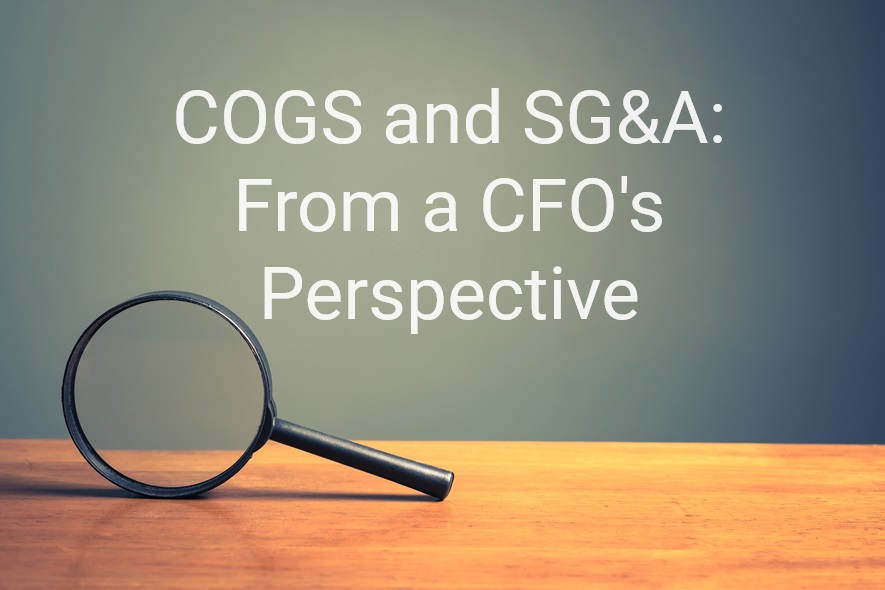“My finance leader is leaving! Now what do I do?!”
In some sense, it’s tempting to offer the platitude, “a debit is a debit everywhere we go!” (which is a colloquial way to suggest that all accounting is created equal). However, while there’s some truth to that fact that every organization replacing a leader will need to take some core actions, you don’t need to drill down very far to realize that each business has unique elements to consider as well. Those unique facets will add complexity to how you respond to the reality of a financial leader leaving your organization.
The following guide will help your organization evaluate how ready it is for turnover in a finance leadership role, offer suggestions for how you can be better prepared in case your executive finance leader leaves, and provide key insights into what to do next if the loss of your financial leader happens suddenly.










